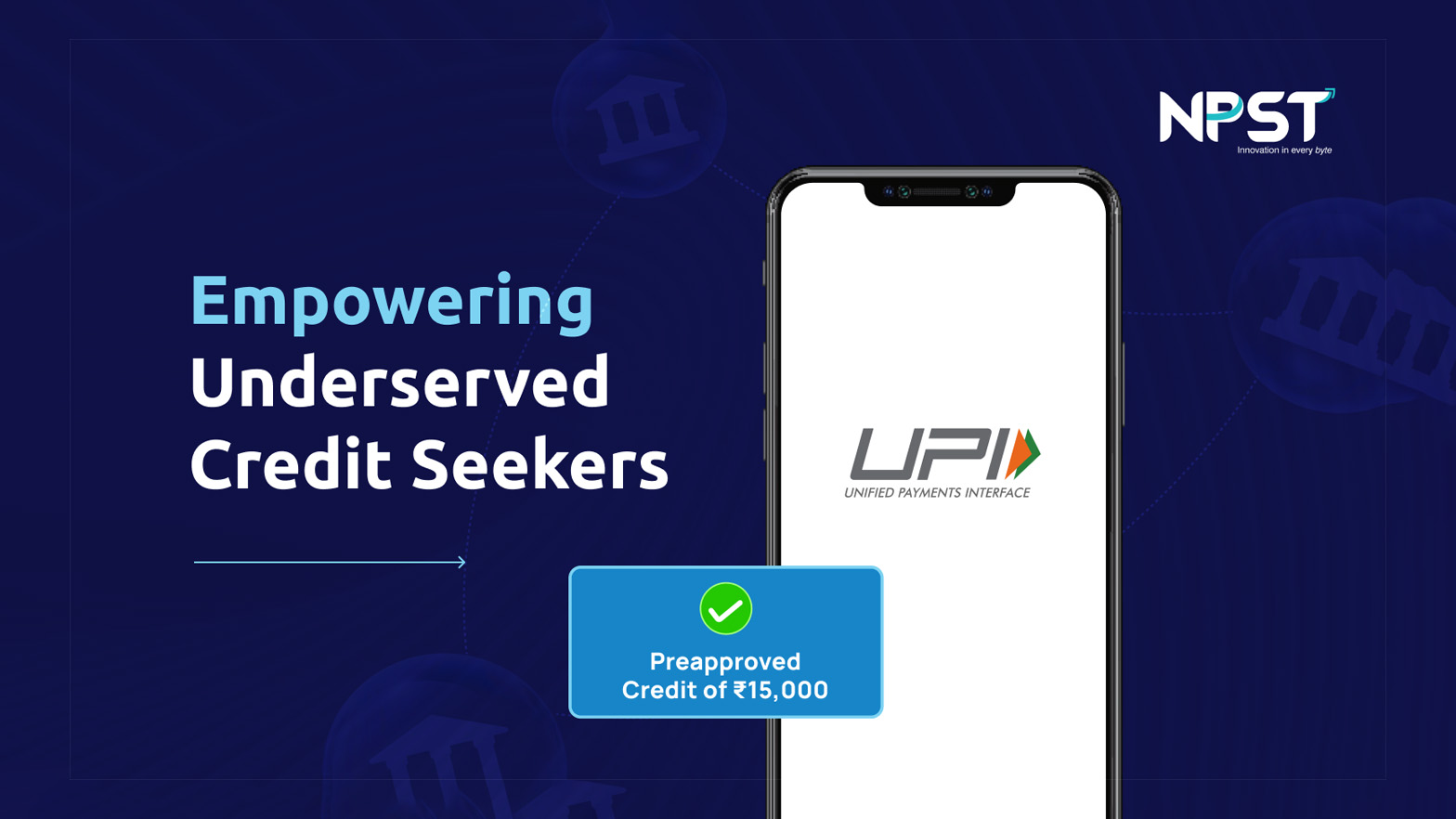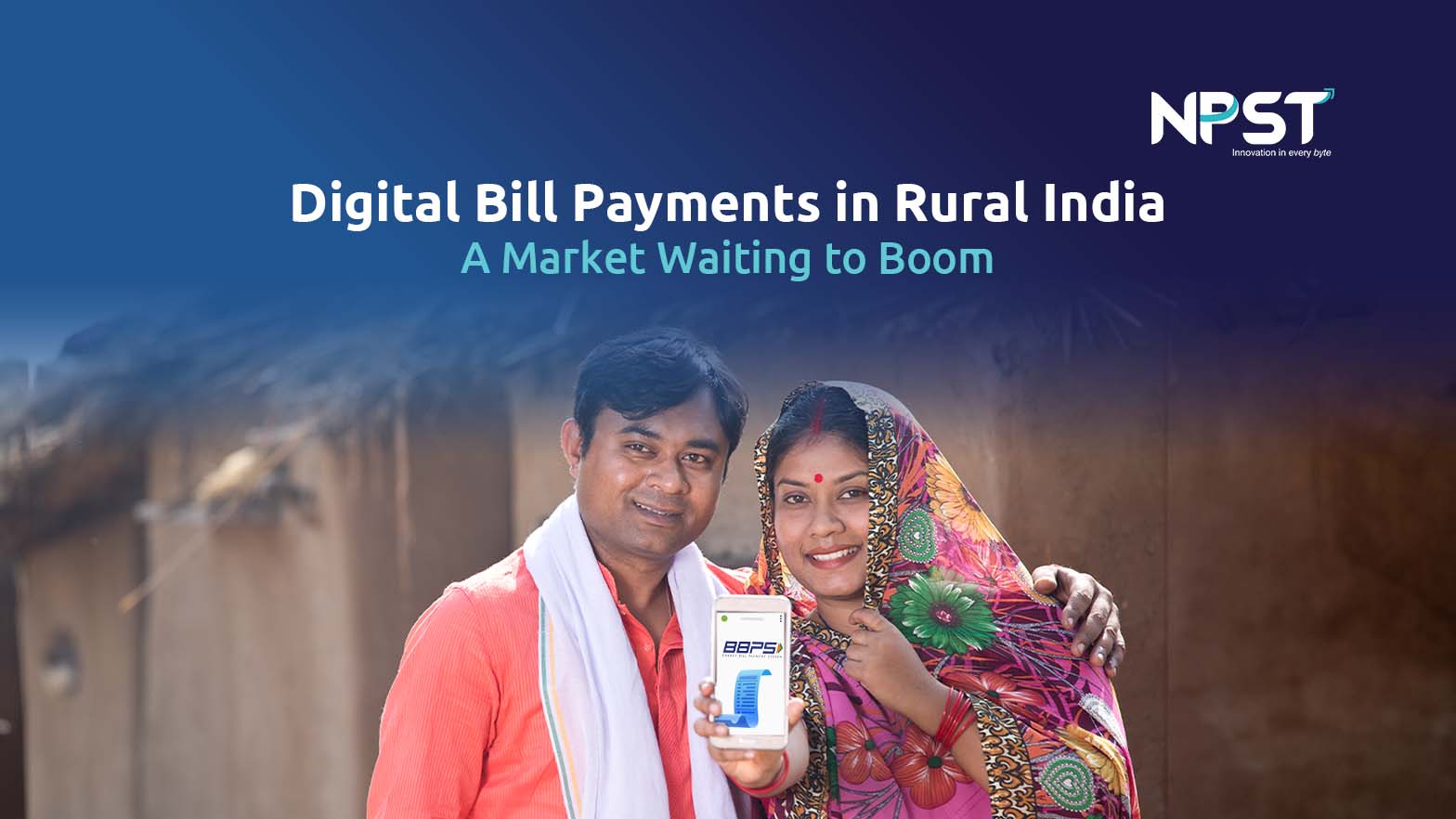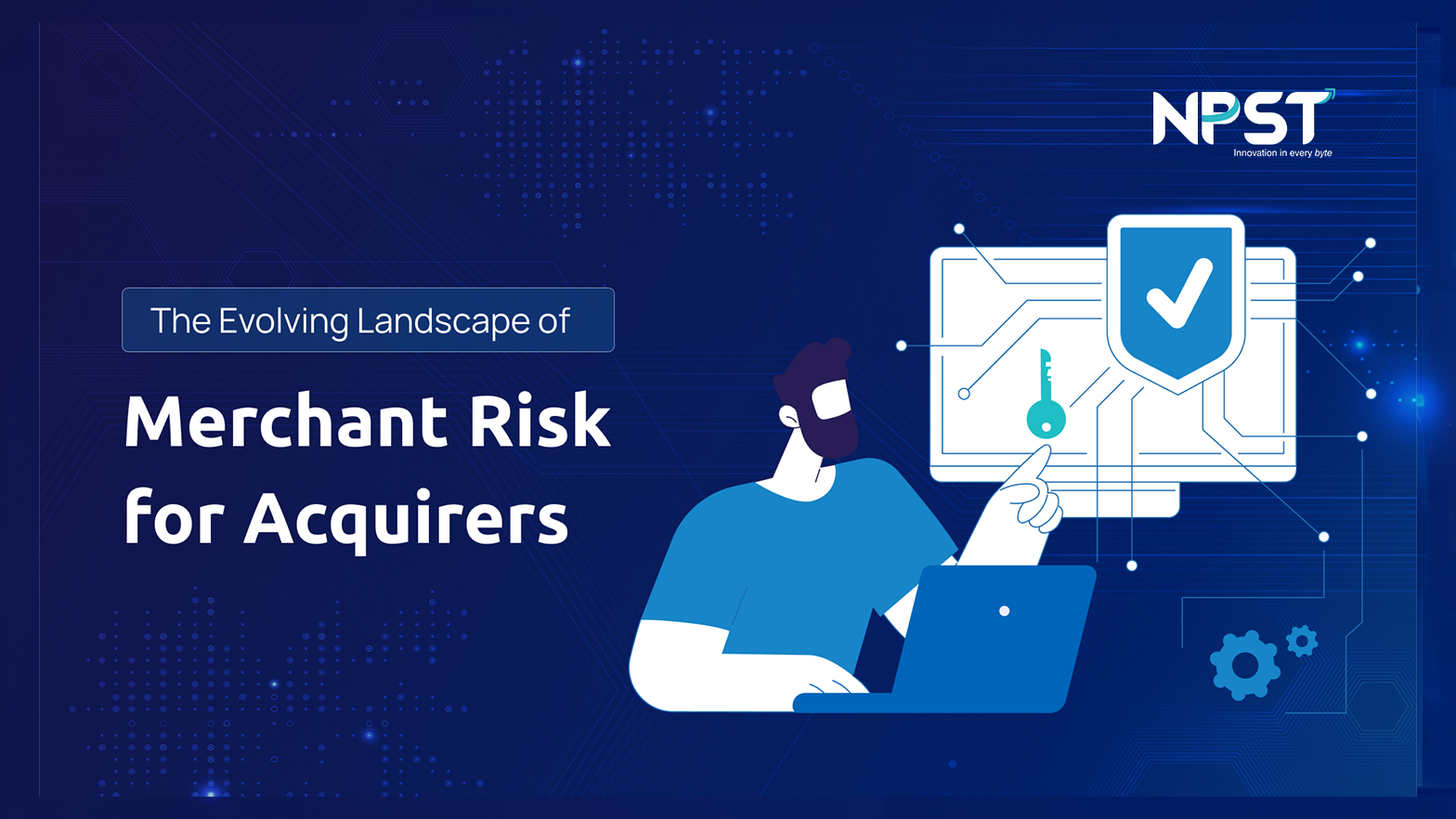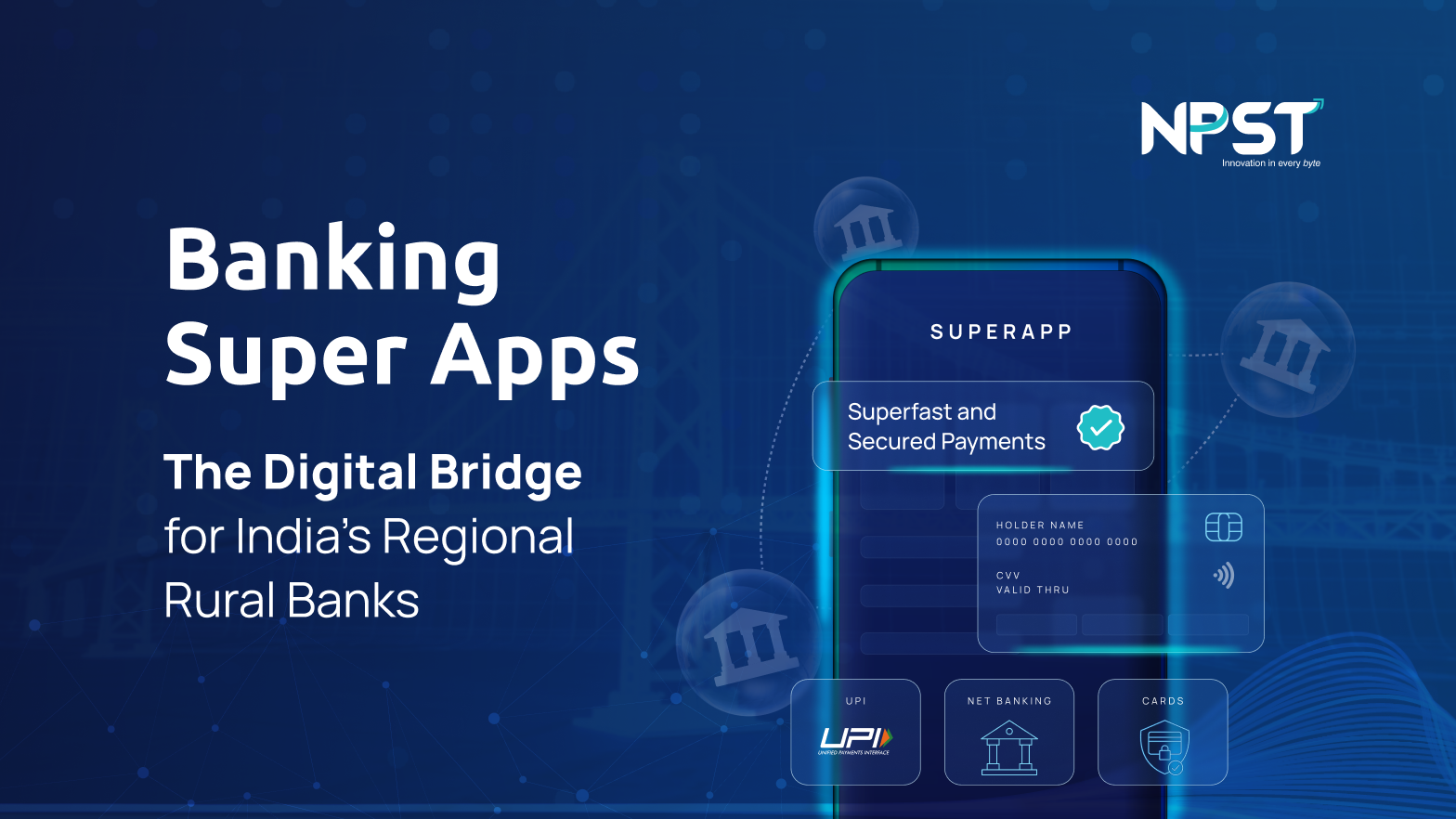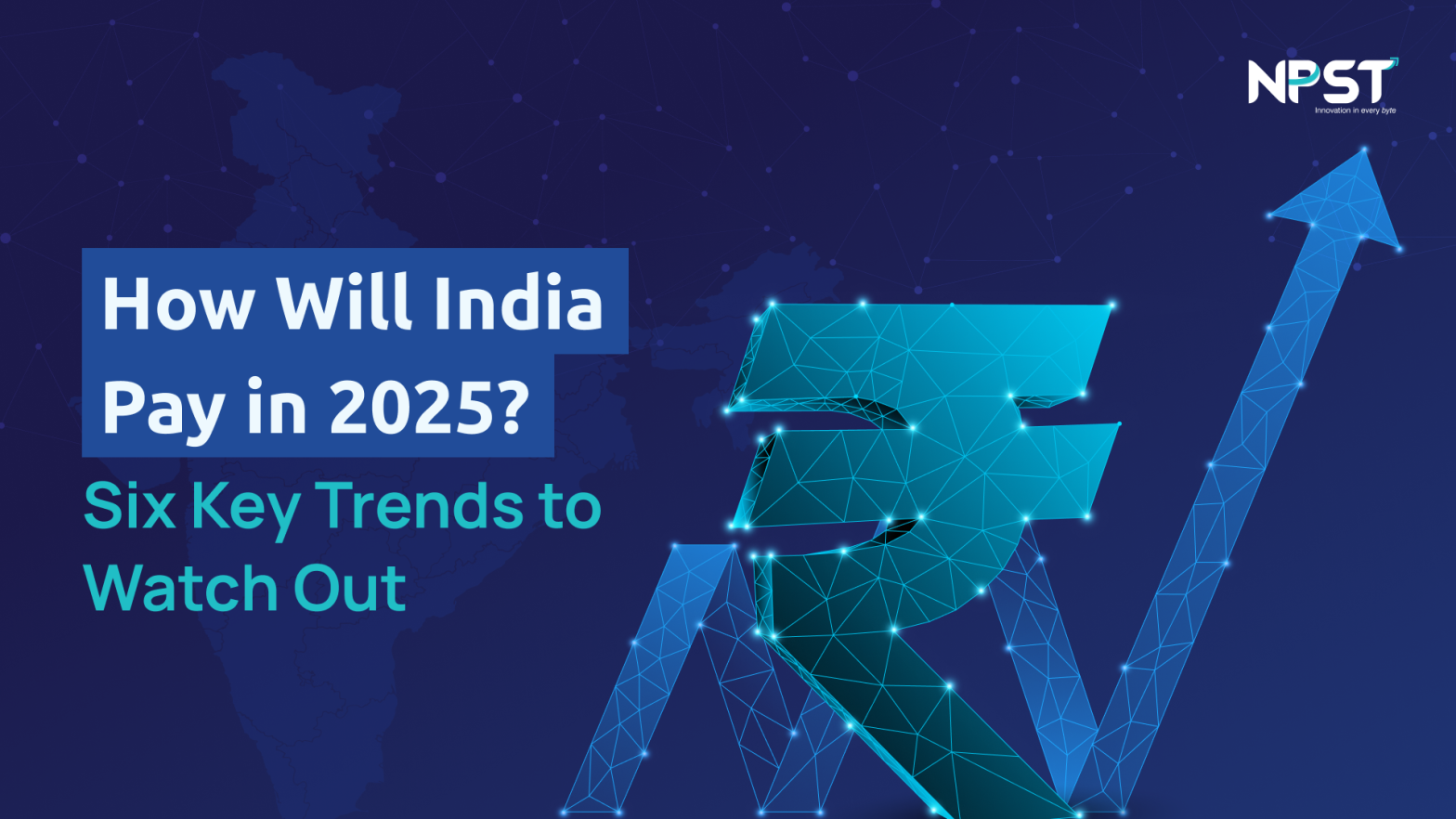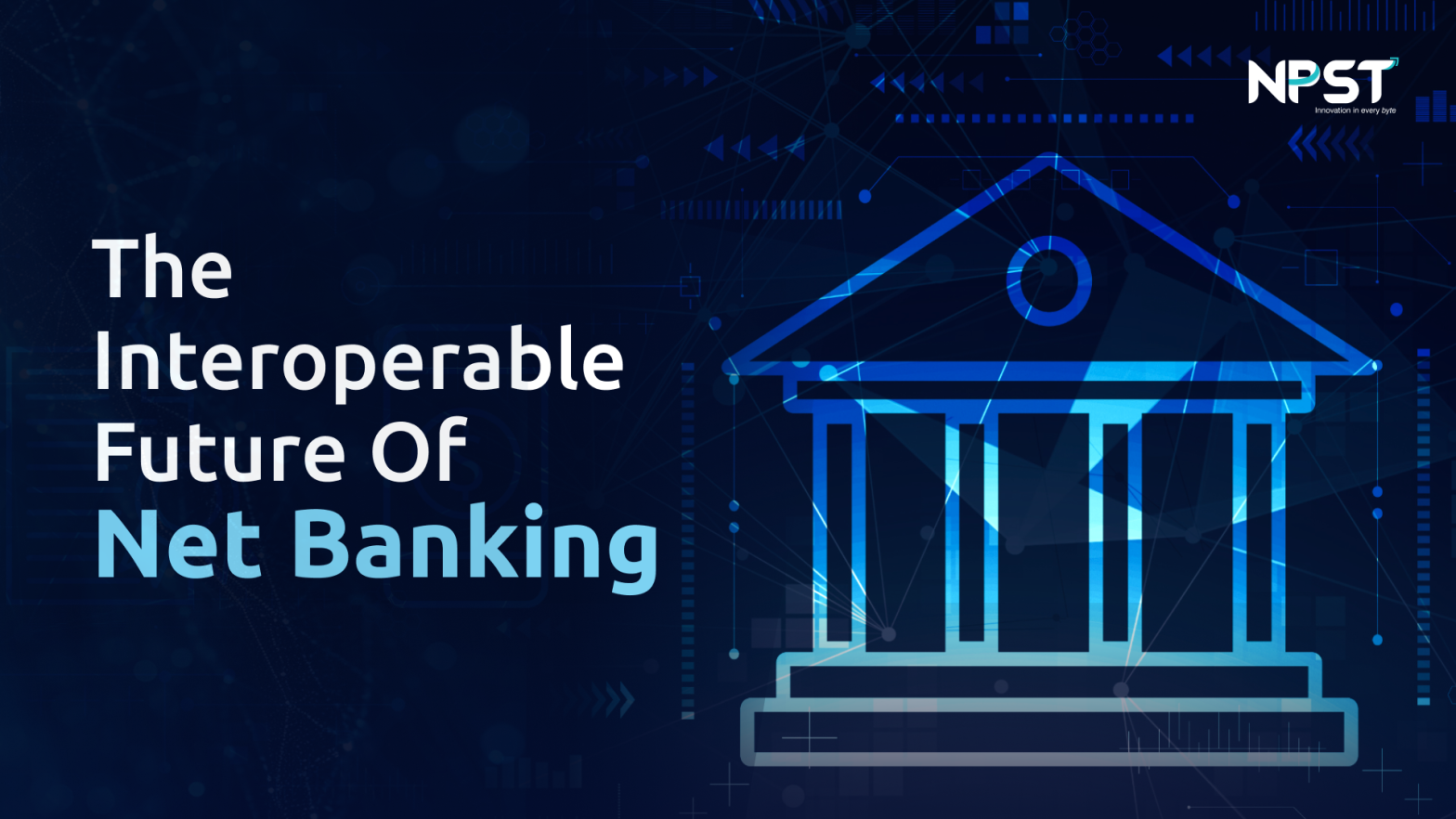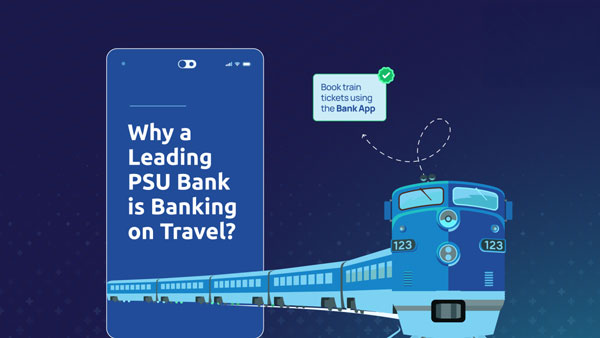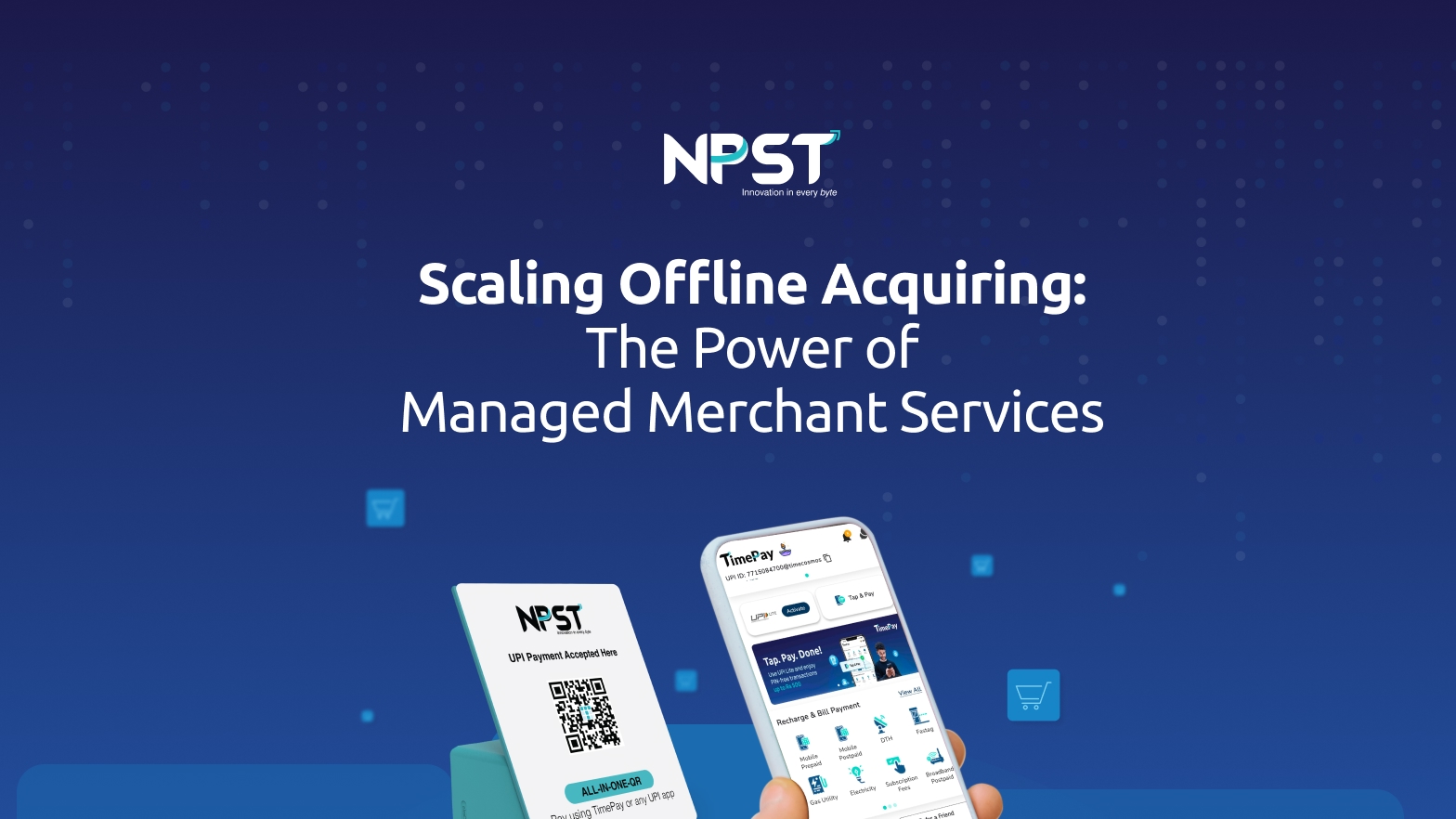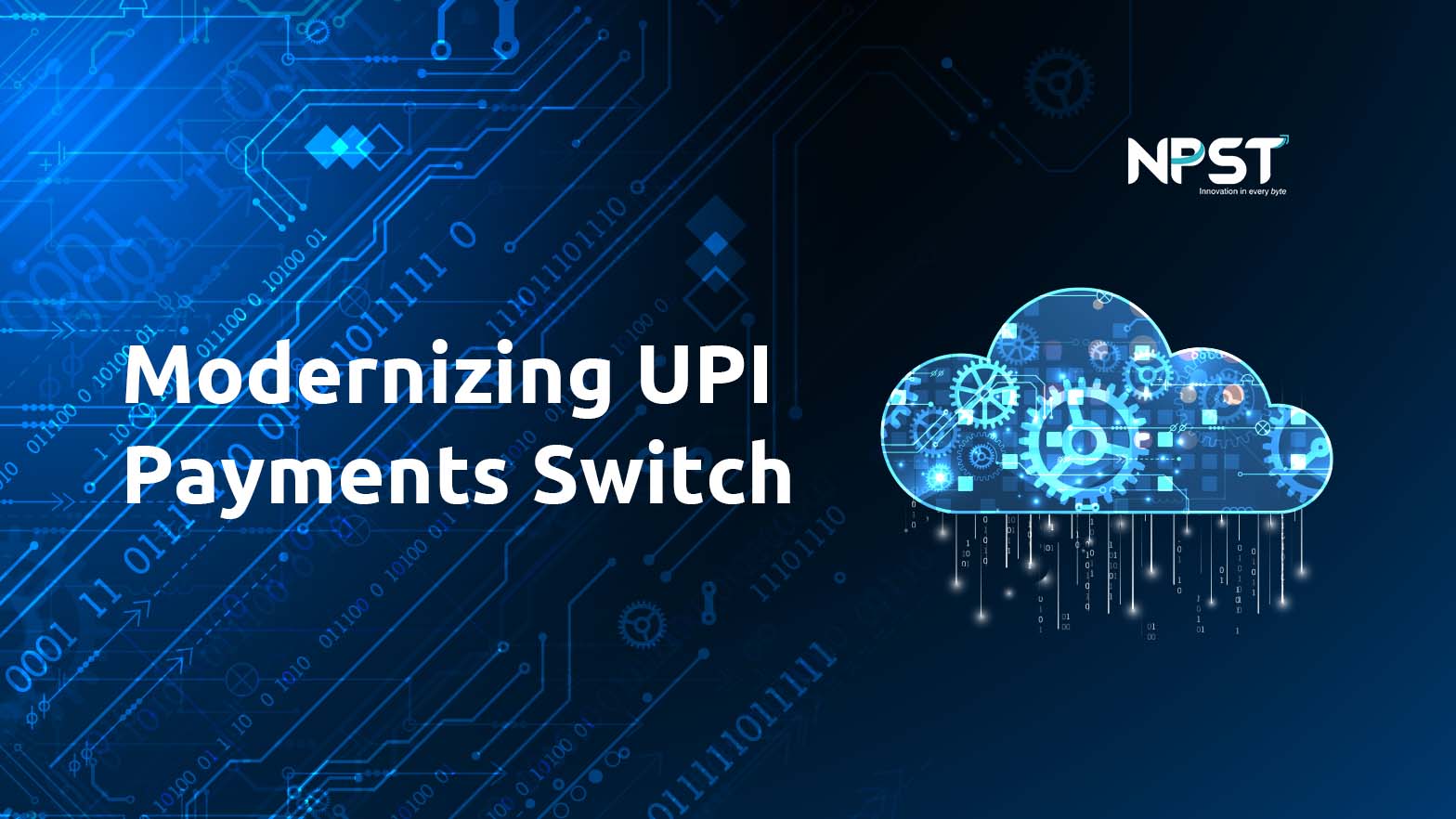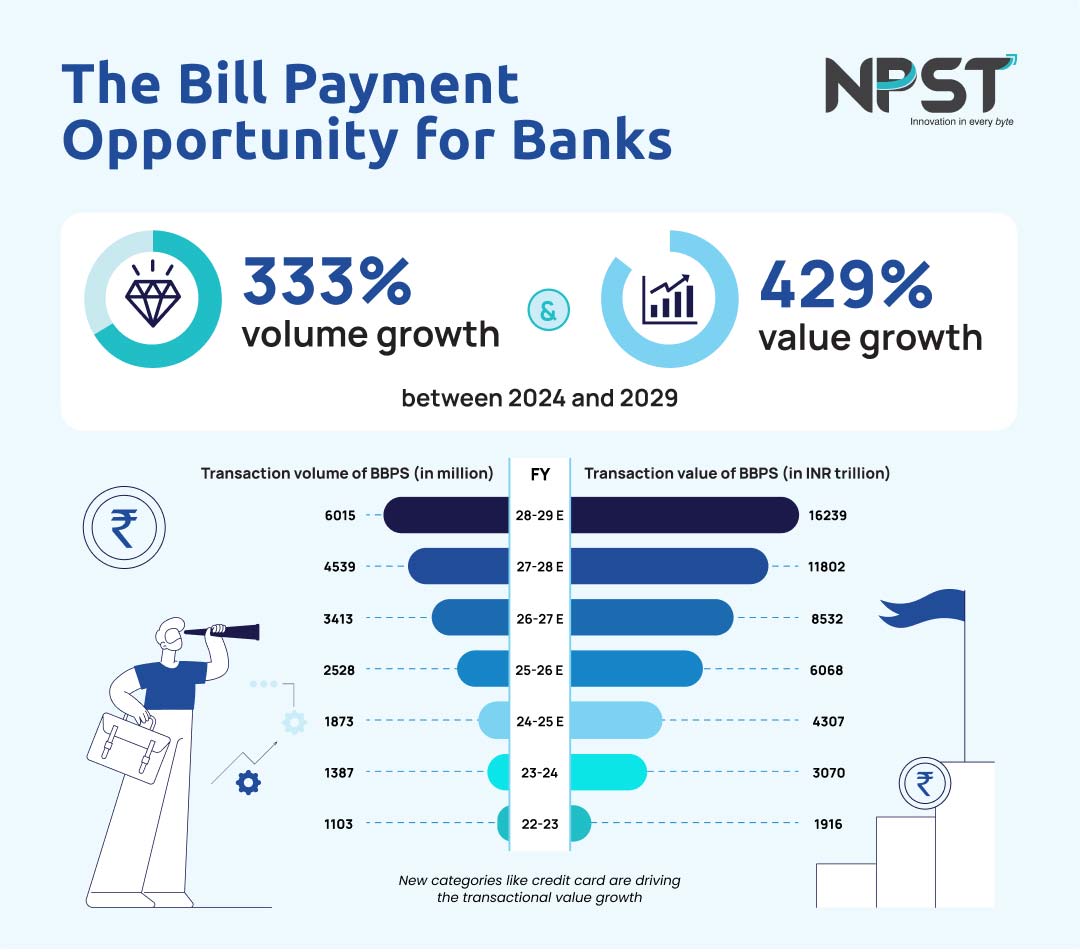With the rise of UPI, digital wallets, and real-time payment systems, India has emerged as a global leader in transaction volumes, setting an unprecedented example for building a digital payments economy. This ecosystem, marked by strong collaboration between banks, fintechs, and regulatory bodies, is not only transforming how Indians transact but also how they engage with the broader economy. At the heart of India’s payments revolution are peer-to-merchant (P2M) payments, which make up about 60% of total digital transactions. Millions of small businesses are embracing digital payments, and everyone wants a part of India’s merchant acquisition market.
The merchant acquiring industry is undergoing a seismic shift, driven by the convergence of multiple players — traditional and challenger banks, fintech startups, and online commerce giants. This year alone, 30 companies received payment aggregator licenses, 26 gained in-principle authorization, and nearly 12 applications are still pending.
As this space continues to grow, acquires (banks and merchant aggregators) are navigating a complex landscape of technological advancements, regulatory compliance, and risk management, all while focusing on scaling and execution. On top of these challenges, they’re also dealing with high merchant churn rates and the significant costs of acquisition and servicing, creating a tough environment for growth and innovation. This is where PPaaS emerges as a game-changing model.
Plug-and-Play Solutions
PPaaS is transforming the way modern online payment systems are developed and used. It simplifies online payments and boosts agility for acquirers, by offering a comprehensive, payment platform that accelerates their go-to-market strategies.
By leveraging PPaaS, acquirers can focus on expanding their merchant portfolios instead of managing the complexities of day-to-day operations such as transaction processing, risk and fraud management, reconciliation, dispute and chargeback handling, and advanced analytics—achieving greater operational efficiency and cost savings.
Here’s how PaaS provides acquirers with significant advantages across the entire payment value chain:
Banking Relationships:
Traditional merchant acquisition requires payment aggregators to partner with individual banks, a process involving lengthy negotiations and approval cycles that can delay go-to-market strategies and impact efficiency. PPaaS providers, on the other hand, simplify this process by leveraging preexisting relationships with banks. With these connections already in place, payment aggregators can gain immediate connectivity to a network of banks, ensuring businesses can focus on growth without being slowed down by administrative hurdles.
Cost Optimization:
This model eliminates the need for in-house product development and simplifies operations. PPaaS providers manage everything, enabling acquirers to roll out new solutions more swiftly and affordably. Flexible pricing models make PPaaS accessible to institutions of all sizes. Smaller players can opt for pay-per-use models, while larger organizations benefit from subscription plans, ensuring a scalable and cost-effective solution.
Swift Go-to-Market:
Building new payment features in-house can take up to a year, as each phase—development, testing, and deployment—requires substantial resources and time. PPaaS eliminates these delays with its plug-and-play model. Pre-built, mature solutions require minimal setup time, allowing acquirers to roll out merchant acquisition tools or new service offerings in just weeks. This accelerated timeline empowers banks to remain competitive and meet market demands effectively.
Scalability:
When aggregators launch merchant acquisition initiatives, transaction volumes often surge, potentially overwhelming banking infrastructure. PPaaS platforms address this challenge by offering scalable solutions. Providers like NPST deploy dedicated UPI switching infrastructure designed specifically for handling merchant transactions, ensuring seamless scalability without the need for costly infrastructure overhauls by sponsor banks.
Compliance:
Beyond cost and resource savings, PPaaS solutions bring an extra layer of security and reliability by managing regulatory requirements proactively. Providers stay current with changing compliance mandates, perform regular audits and risk assessments, and implement advanced security measures to safeguard data and operations. This streamlined approach to compliance reduces the complexity of managing it in-house, enabling institutions to operate confidently within the regulatory framework.
Fraud Management:
PaaS providers like NPST offer advanced fraud management as a value-added service, utilizing risk decision engines powered by cutting-edge AI and ML algorithms. These systems deliver predictive fraud intelligence by analyzing merchant and transaction data through network-wide signals, enabling acquirers to stay ahead of potential threats.
For example, a risk score is assigned to each merchant account based on various risk indicators, such as transaction patterns, historical behaviour, and external data sources. This empowers payment aggregators to quickly identify and flag potentially fraudulent accounts, preserving the integrity of the ecosystem.
Additionally, these systems scan transaction data in real-time, identifying anomalies or red flags like unusual purchase behaviours or patterns of fraudulent chargebacks. By detecting such irregularities proactively, potentially fraudulent transactions can be blocked before completion, ensuring robust protection for merchants and consumers.
The Next Big Thing in Payments
India’s merchant acquisition market is expected to grow at a compound annual growth rate (CAGR) of 12% from 2024 to 2031, according to Cognitive Market Research. With more banks and merchant aggregators entering the space, the industry is only going to get more competitive.
Two things will matter most: how to stand out in the market and how to scale without burning resources. PPaaS might be the answer to this challenge.
Explore More
We empower banks and payment aggregators to achieve success at every step of the transaction journey


